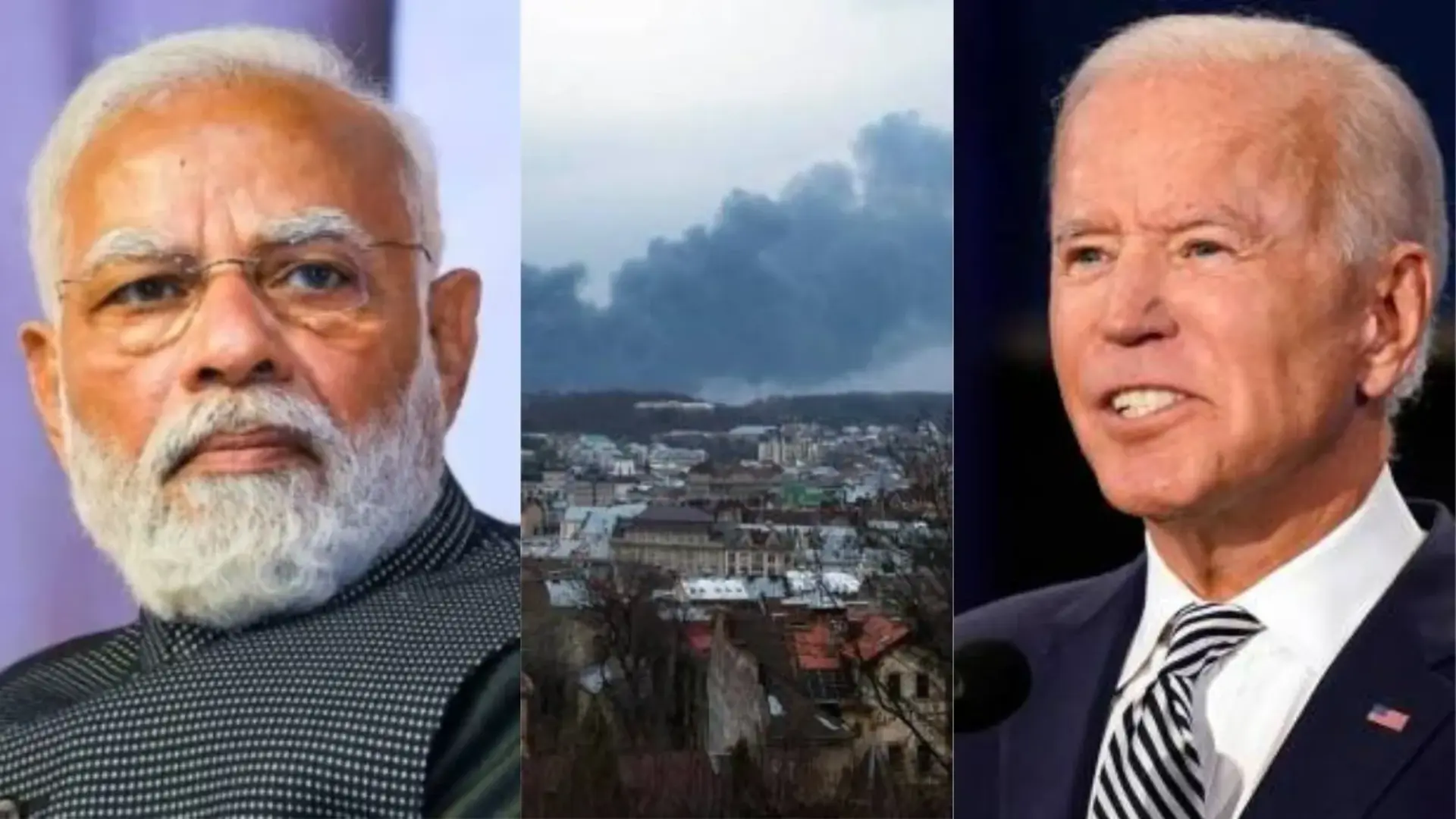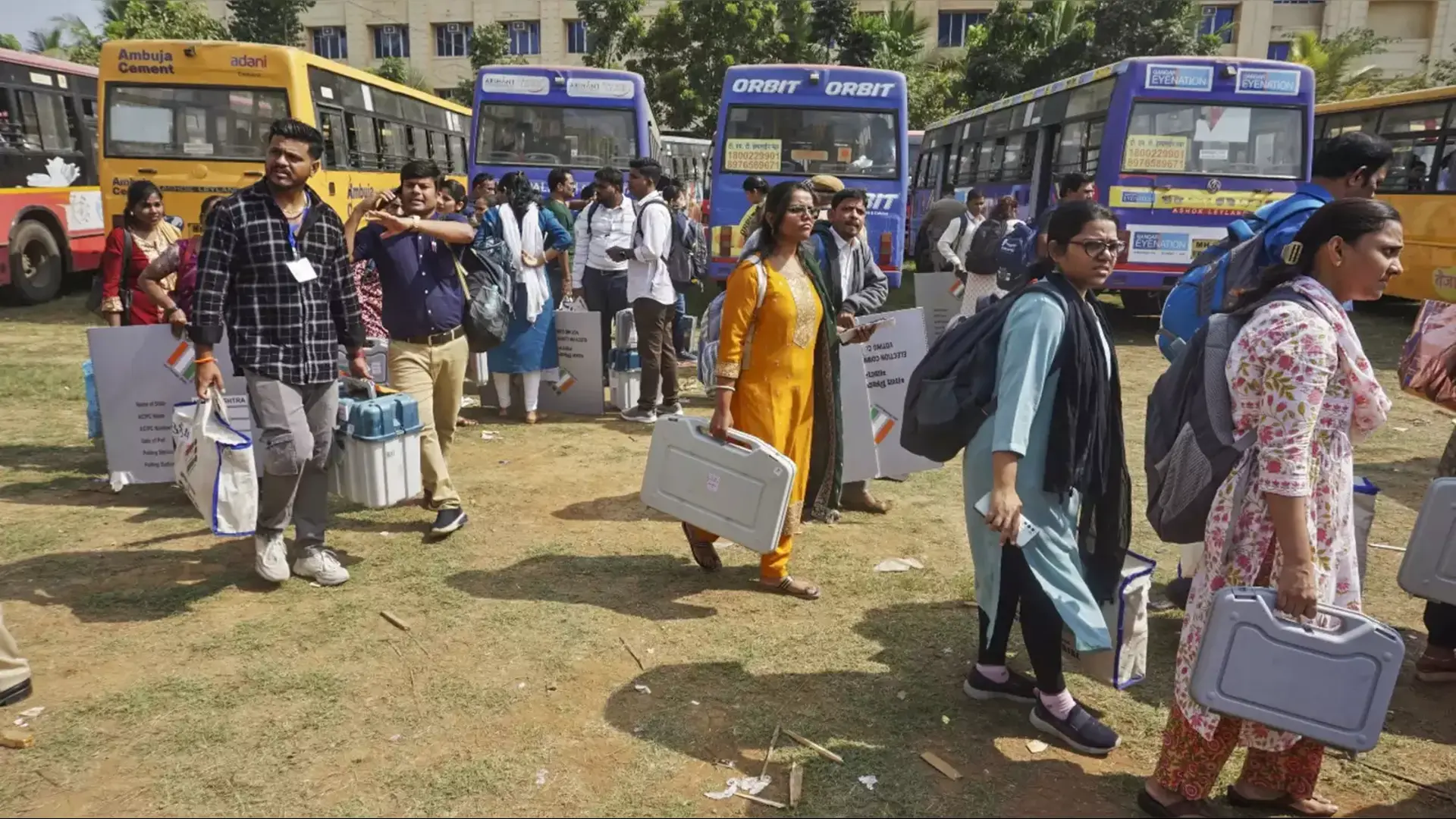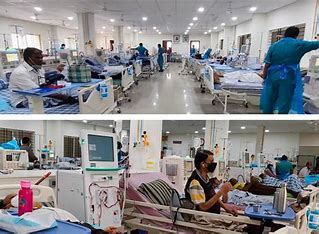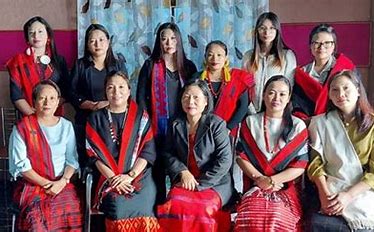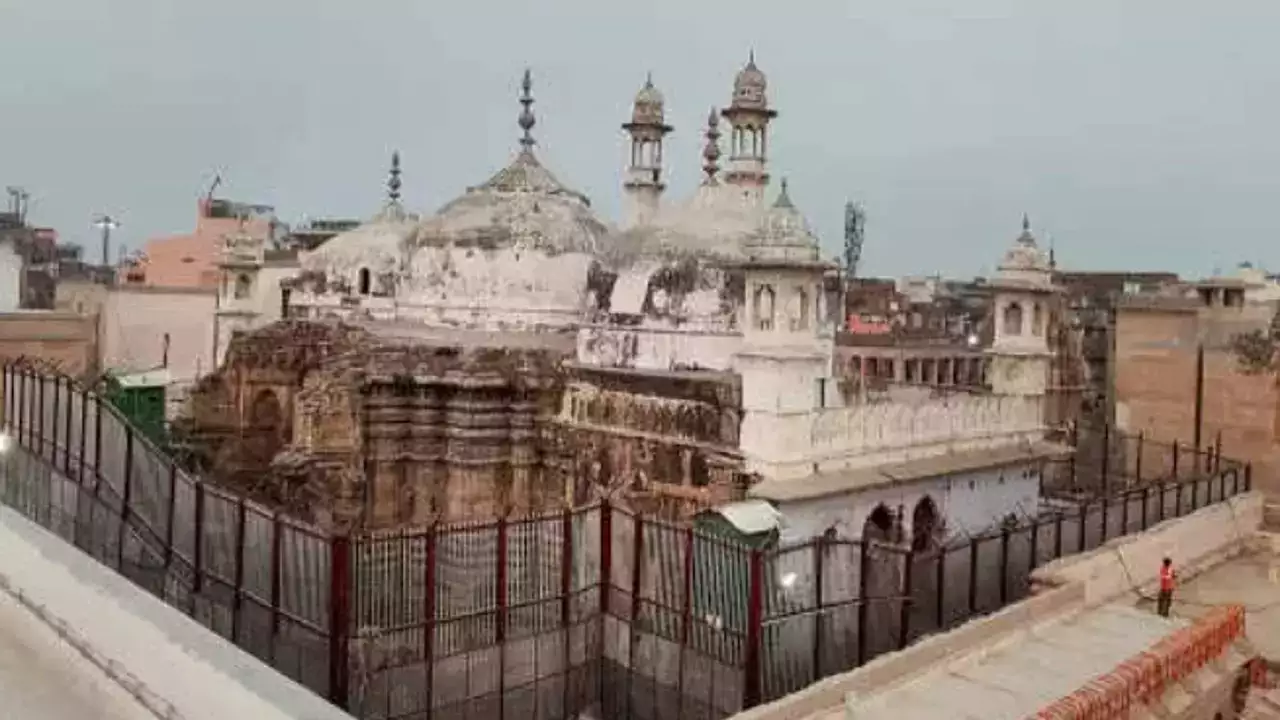
Advocate Vineet Jindal, the National General Secretary of Hindu Singh Vahini Sena, has submitted a petition to the Supreme Court, urging the prohibition of Namaz in Varanasi’s Gyanvapi complex and seeking the restoration of worship rights for Hindus.
In a letter addressed to the Chief Justice of the Supreme Court, Advocate Jindal referred to a scientific survey report on the Gyanvapi complex, asserting the existence of a Hindu temple at the site before the construction of the current structure. The report highlighted a stone inscription indicating that the mosque was built between 1676 and 1677 during the rule of Mughal emperor Aurangzeb, with subsequent repairs in 1792-93. The report also featured a photograph from 1965-66 depicting a stone on which the mosque was constructed, revealing that the pillars used in the mosque’s corridor were originally part of a pre-existing temple.
During mosque construction, attempts were made to distort lotus medallions and Hindu mythological creature figures, known as Vyala, present on the pillars. The ASI report noted the presence of similar pillars with Hindu symbols on the northern and southern walls of the western chamber. In the ‘Sculptural remains in the basement’ section, the report detailed the reuse of columns from a pre-existing temple in the construction of a basement on the eastern side of the platform.
The basement and platform, designed to accommodate prayer attendees, contained a pillar adorned with bells and spaces for lamps – features uncommon in Muslim religious places. The report also highlighted the discovery of fragmentary inscriptions in various languages and sculptures of Hindu deities buried in the basement.
The letter petition mentioned a Civil Court’s stay order on May 17, 2023, allowing Muslims to offer Namaz in the Gyanvapi complex, a decision contested in the Supreme Court. Following the ASI report, it has been established that the Gyanvapi complex is a Hindu temple, and the mosque structure above it is deemed illegal. Advocate Vineet Jindal concluded the petition by urging the Supreme Court to issue an order halting Namaz in Gyanvapi, citing the evidence presented. Additionally, based on the ASI report, the petition emphasized the well-established right of Hindus to perform worship and rituals at Gyanvapi, urging the court to grant permission for Hindus to worship in the sacred complex.

